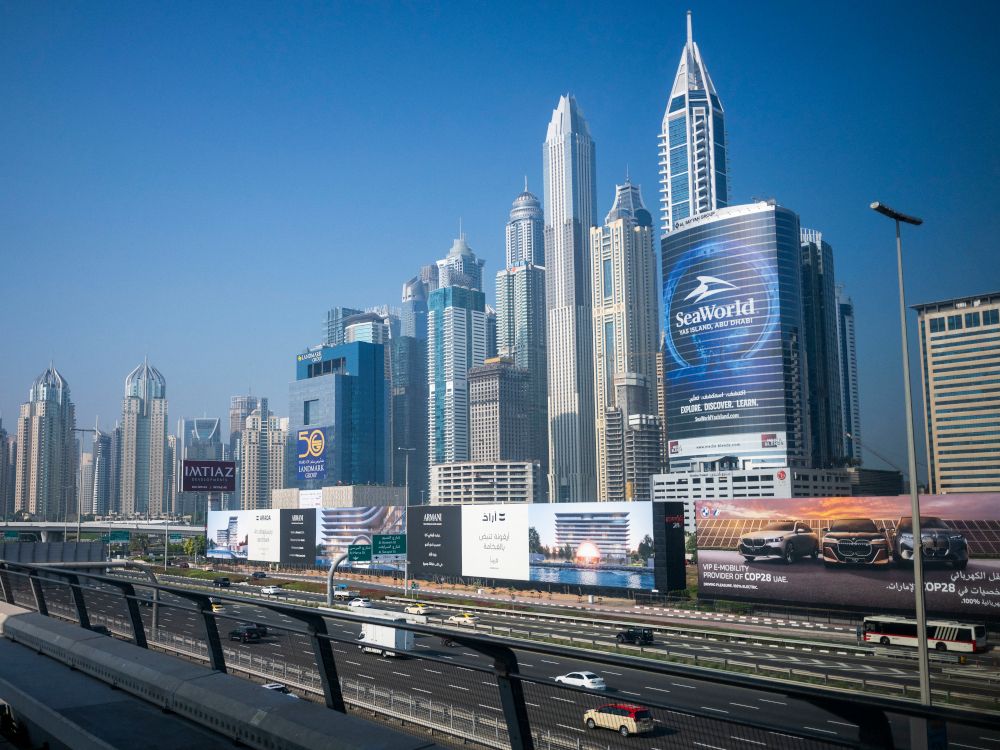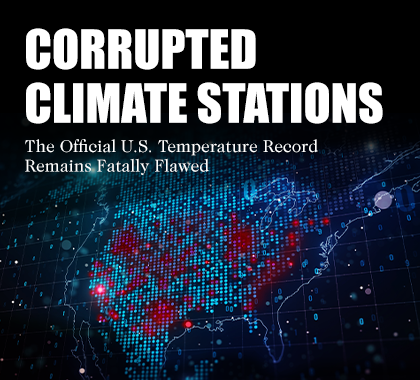- Reaction score
- 9,435
- Points
- 1,160
Father de Souza

 nationalpost.com
nationalpost.com
King Charles has reportedly turned down the temperature on the pool in Buckingham Palace to conserve energy. For recreation, His Majesty’s hosts might show him Dubai’s golf courses, where — contrary to the links in the King’s beloved Scotland — it is possible to play golf at night. Not only is every square inch of grass the product of massive energy-intensive irrigation, but the Emiratis have thoughtfully illuminated the massive courses with stadium-quality lighting. Twenty-four-hour golf might lessen the pressure on booking tee times this week.
The global farce of holding a climate conference in a desert petro-state, chaired by the head of Abu Dhabi’s national oil company, requires a level of shamelessness previously thought the province of FIFA or the International Olympic Committee. But the UN is not entirely shameless: there are enough guilty consciences here that etiquette requires everyone not to notice that the emperor — the King, Emir Mohammed bin Rashid Al Maktoum, the Pope — has no climate clothes.
Yes, Pope Francis planned to pop in for two days of energetic climate evangelism, but a respiratory illness meant cancelling his trip. It’s a shame, as no doubt the massed hordes of officialdom would have found a pontifical jeremiad on air conditioning amusing. No other place on the planet has done more to reduce temperatures than the United Arab Emirates. The Emiratis have air conditioned the desert. It’s climate change of a sort.
There was a minor flap in the self-congratulations when the BBC lifted the robes of the oil sheikhs to reveal a secret plan to use the gathering of the moneyed classes to do some oil and gas deals. Come for the empty climate promises; stay for the actual oil and gas contracts.

Raymond J. de Souza: The climate farce in the air-conditioned desert
Holding a climate conference in a desert petro-state requires a level of shamelessness previous thought the province of FIFA or the IOC







